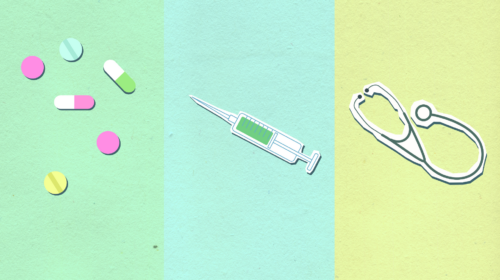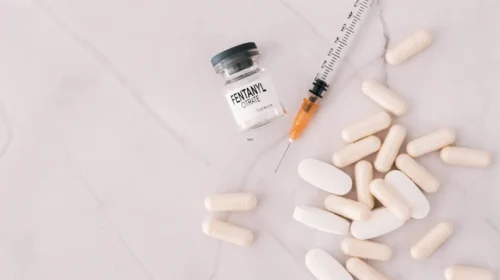
Learn how hyper-masculinity can be tied to mental health struggles and how you can get help for you or your loved one.
Understanding the role that these pressures and expectations play in men’s psychological wellness may help to prevent the consequences they engender, such as suicide, domestic violence, self-harm, aggression towards others, etc. It can also help shed light on why men are reluctant to get the help they need and provide solutions to navigate this reluctance.
If you or someone you care about is a man dealing with mental health issues, you don’t have to let pride, shame, stigma, or expectations stop you from getting the help you need.
Men’s Mental Health by the Numbers
Although data indicate that women struggle with mental health issues at higher rates than men, males still experience unique gender-related circumstances that can contribute to their psychological struggles. Additional data indicates that:
9%
of American men have depression.
25%
get therapy for their depression.
20%
of men have anxiety
3.5X
The rate at which men die from suicide compared women.
60%
The amount of men with at least one trauma in their lives.
30%
The amount of depressed men who take medication.

Hyper-masculinity and Men’s Mental Health
One of the factors that contribute to these high rates of mental health struggles is the presence of ingrained hypermasculine expectations and actions. Data published by the American Psychological Association draws a direct correlation between mental health and the entrenched impact of masculine norms. The study specifically found that masculine norms negatively formed male notions of self-reliance and relationships with women.
While many younger men are starting to reject potentially malignant masculine expectations, there are still bedrock notions of “being a man” that can cause men to feel a sense of failure and shame when they fall short. These internalized feelings, as well as lessons from fathers and other important male influences, can lead to a variety of mental health issues and impacts, including harm to themselves or others. It can also be difficult to form healthy romantic and social relationships in general while facing these challenges.
Some other examples of how misguided, hyper-masculine influence can show up in male attitudes include:
Competition
The fierce and, at times, overly aggressive desire to win at all costs.
Stoicism
The compulsive need to exercise emotional control in all situations.
“Bravery”
Misguided notions of courage through extreme risk-taking.
Control Issues
Assertive, dominant and potentially violent tendencies and behaviors.
Hyper-ambition
Obsessive emphasis on being the “breadwinner” and sole provider.
homophobia
Disdain for sexual and gender minorities that counter heteronormativity.
How Fathers and Male Influences Can Break the Cycle
“Boys Don’t Cry” is a great song, but it can send the wrong message when taken the wrong way. Allowing boys and young men to feel and express vulnerability is one of the best ways to break this cycle. This may include, but is not limited to:
Giving them space and bandwidth to cry when they need to.
Allowing them to explore interests, even if they’re not masculine.
Emphasizing gender equality and respect for women.
Teaching them that they don’t have to be perfect at everything.
It’s important to realize that, in many respects, the world is more stressful than ever, and as a result, it’s easier than ever for everyone, including men, to feel like failures sometimes. Teaching young boys just to do their best while showing respect for others is one of the simplest and most important things male influences can do.
Ignoring It Won’t Make It Go Away
One of the uniquely tricky components of addressing men’s mental health is that pride, shame, and stigma often get in the way of them seeking treatment. Part of these embedded hypermasculine norms is the belief that men should be able to “deal with their own problems” and that therapy is a drastic measure or sign of weakness.
Some of the direct factors that get in the way of men seeking help for mental health struggles include:
- Embarrassment and shame
- Denial of the problem
- Refusal to accept that they need help
- Career, family, or lifestyle obligations
In order to improve the men’s mental health picture and guide men toward lifesaving care, there needs to be an option for treatment that alleviates many of these obstacles.
Getting Care from Anywhere: Virtual Treatment from Recovery Unplugged
Being strong means recognizing you need help and asking for it. It doesn’t mean ignoring the problem until it manifests in unhealthy ways.
Recovery Unplugged offers online mental health treatment that addresses many common concerns men have when looking for mental health treatment.
This resource allows them to remain present at their job and within their family so they can continue to work and provide for their loved ones. It also offers additional privacy and discretion so you can fully embrace treatment and allow yourself to get the help you need.


























